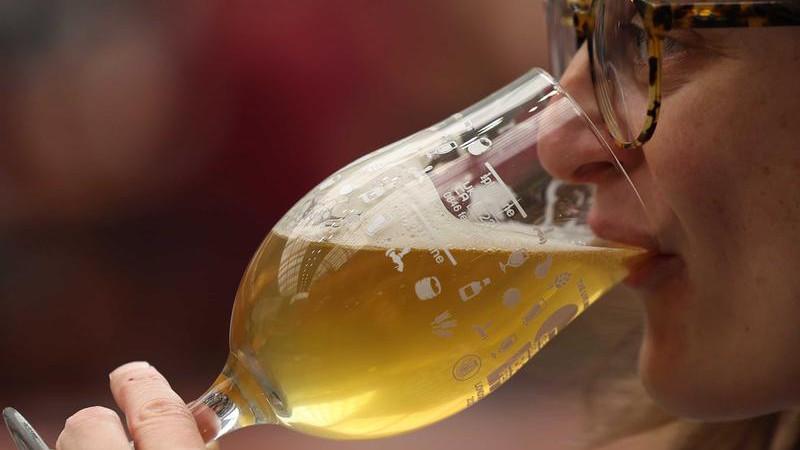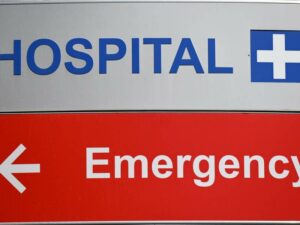
A recent study published in the journal Neurology reveals a concerning connection between heavy alcohol consumption and the risk of severe brain injuries from strokes. The research indicates that individuals classified as heavy drinkers—those consuming three or more alcoholic beverages daily—experience strokes on average 11 years earlier than those who drink less than three. Moreover, these heavy drinkers tend to suffer from larger brain bleeds, which present greater challenges for medical management.
The study, conducted at Massachusetts General Hospital between 2003 and 2019, analyzed over 1,600 patients diagnosed with intracerebral hemorrhages, the most dangerous form of stroke. These strokes result from blood vessels bursting and bleeding into the brain, contrasting with the more commonly studied ischemic strokes that occur due to blockages, often from blood clots.
Research findings indicate that heavy drinkers showed elevated blood pressure and reduced blood-clotting cells, both linked to the increased risk and severity of brain bleeds. Dr. Edip Gurol, the neurologist who led the study, noted that brain scans revealed the blood vessels in heavy drinkers to be more brittle and leaky compared to those of moderate drinkers.
Additionally, heavy drinkers were found to be approximately three times more likely to exhibit signs of brain aging, including damage to the brain’s white matter. The study also highlighted that these individuals were over 90 percent more likely to require assistance with daily activities after experiencing a stroke.
A noteworthy aspect of the study revealed that even individuals consuming two drinks daily developed brain bleeds at younger ages compared to non-drinkers. Dr. Gurol emphasized that while medical interventions can address blood clots, little can be done to reverse the damage caused by a brain bleed. He likened it to “a bomb exploding in the brain,” where preventative measures become crucial, particularly for those with additional risk factors like high blood pressure, Type 2 diabetes, and obesity.
Despite these alarming findings, Dr. Bruce Ovbiagele, a professor of neurology at the University of California, San Francisco, who was not involved in the research, cautioned that causation cannot be definitively established. The study primarily focused on current drinking habits and did not assess historical drinking patterns, raising concerns about potential under-reporting of alcohol use.
Further complicating the findings, Dr. Amytis Towfighi, chief of neurology at Los Angeles General Medical Centre, noted that the patient demographic in the study was predominantly white, suggesting that results may not be generalizable across diverse populations.
As drinking rates have reached lower levels in the United States, experts continue to stress that no amount of alcohol contributes positively to health. While occasional drinking may be acceptable, limiting alcohol intake could be beneficial for reducing stroke risk and addressing other health concerns.
Ongoing research is essential to provide clearer insights into the impacts of alcohol on brain health and to identify effective strategies for prevention and intervention.






